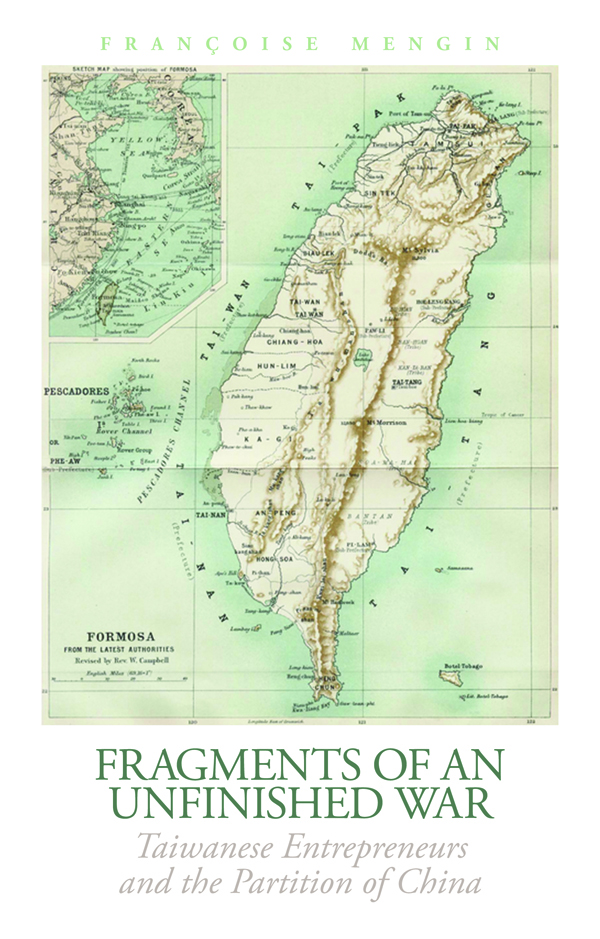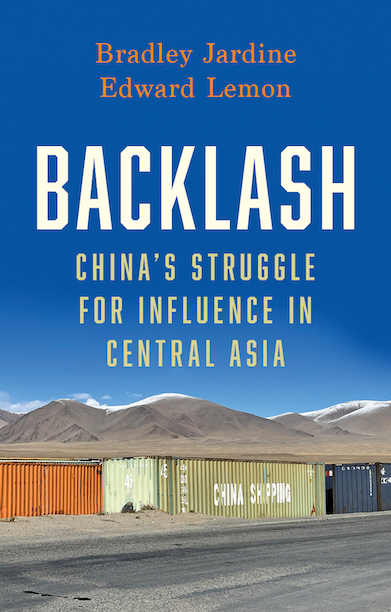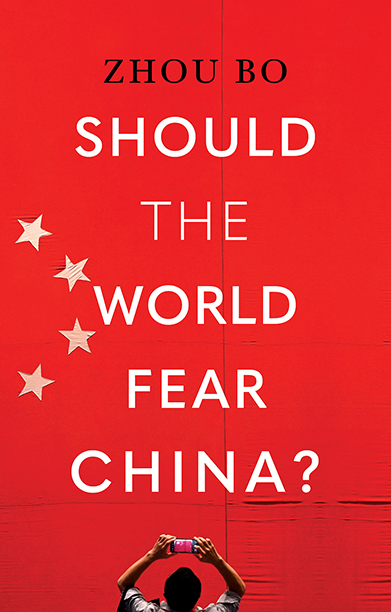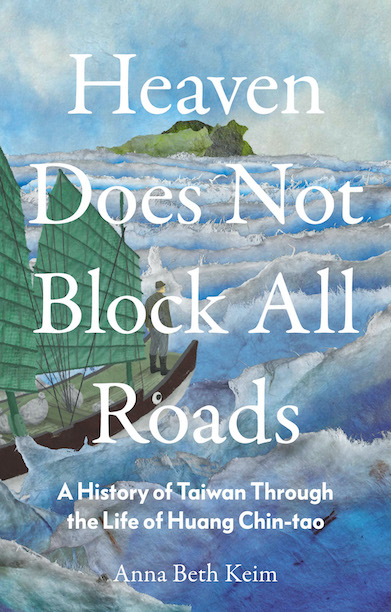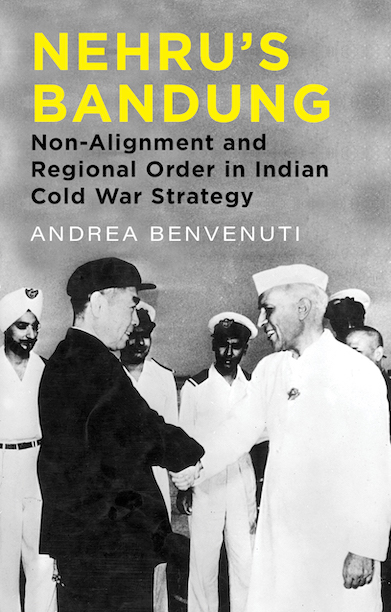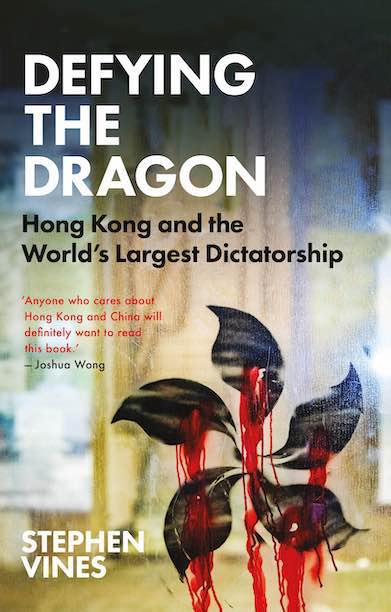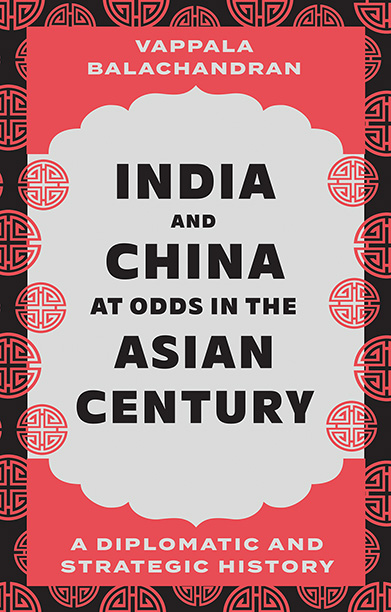Fragments of an Unfinished War
Taiwanese Entrepreneurs and the Partition of China
Part of the CERI/Sciences Po. seriesThis remarkable book reveals how little we know about what lies behind the superficial antagonism between the PRC and Taiwan, especially where business is concerned.
Description
The Republic of China that retreated to Taiwan in 1949 maintains its de facto, if not de jure, independence yet Beijing has consistently refused formally to abandon the idea of reunifying Taiwan with China. As well as growing military pressure, the PRC’s irredentist policy is premised on encouraging cross-Strait economic integration. Responding to preferential measures, Taiwanese industrialists have invested massively in the PRC, often relocating their businesses there. Fragments of a nation torn apart by contradictory claims, these entrepreneurs are vectors of a new form of unification imposed by the Chinese Communist Party, promoted but postponed on the island by the Nationalist Party, and rejected by Taiwanese pro-independence parties.
Within what can be described as an unfinished civil war, socio-economic dynamics remain embedded in conflicts over sovereignty. Transnational actors have freed themselves from security constraints, thereby benefiting economically from reforms in China and ultimately restructuring politics in Taiwan itself, and, in so doing, relations between Beijing and Taipei. A fictitious depoliticization has governed the opening of the Sino-Taiwanese border in order to postpone any resolution of the sovereignty issue. Mengin’s startlingly original book highlights the competing, and fragmented, elements within one of the world’s most intractable territorial disputes.
Table of contents
Introduction – Another history of the partition of China
1. The genesis of a Taiwanese entrepreneurship as a contingent product of the Chinese civil war
Transformations in colonial legitimacy
Act I – The inter-allied conferences (1943-1945): the permutation of Chinese and Japanese colonizers
Act II – The 1947 massacre: the creation of a Communist problem ex nihilo
Act III – The outbreak of the Korean War (1950): the perpetuation of a colonial configuration
A war economy
An anti-capitalist ideology
The overlap of civil and military spheres
Diversion of reforms
Predation and payoffs
The interstices of the colonial regime
The figures of the collaborator and the middleman
The twofold fragmentation of the productive sector
Spaces of prosperity: small atomized entrepreneurship and predatory local factions
2. A Thermidorian logic: The Nationalist defeat as a result of its ideological victory
The Nationalist Thermidorian moment: how economics re-legitimizes politics (evading politics I)
The delegitimization of the Republic of China
Towards a developmental state?
Small and large family capital: the lack of a working class
The Communist Thermidorian moment: the delinking of economics and politics (evading politics II)
The return of state capitalism
The internal colonization of special economic statuses
Taiwan’s democratization visited by the Nationalist counter-revolution
Nationalist decolonization
The collusion between politics and business
The partisan dialectics
3. Taiwanese entrepreneurs in China, Taishang (un)disciplined by a non-recognized border
The emancipation of Taiwanese industry
From SMEs to high-tech industries: a legacy of the Nationalist colonial economy
Bypassing a non-recognized border: evading politics (III)
Investing the modes of government specific to China under reform
Making the most of the border
Between legal vacuum and preferential measures
Collusion between Taishang and local bureaucrats
Evading politics (IV)
A liminal population
Foreigners or Chinese? The production of socio-economic differences
Modes of subjection to the one-China principle
4. From economic capital to hegemonic capital: A long-distance colonialism
The tension between two normative orders
The debate on the opening of the border: politicization of the economic sphere
Depoliticization of politics
The actors of the opening-up: degovernmentalization and politicization
The Taishang’s impossible mediation (2000-2002)
From fictitious privatization to formal privatization of bilateral negotiations
The breakthrough of the United Front Policy
Opening the border: hegemony and democracy
From politicization to regovernmentalization without recognition (evading politics V)
Returning to politics: challenges to popular sovereignty and the rule of law
Conclusion — From the sovereignty dispute to the dissensus on politics in China
Reviews
‘This is a superbly conceptualised book that will be important not only for Taiwan specialists but also for historians of contemporary China as well as for political scientists concerned with the relation between transnational actors and state sovereignty.’ — International Journal of Taiwan Studies
‘Françoise Mengin’s book is an academic tour de force — an ambitious exercise in political economy analysis,which seeks to examine the origins and evolution of the “China-Taiwan dispute”. Mengin is a stellar figure who has spent many years thinking about and engaging with both China and Taiwan. This outstanding book has the authority and gravitas that one would expect from a scholar with her background and expertise.’ — Robert Ash, Professor of Economics with reference to China and Taiwan, School of Oriental and African Studies, University of London
‘A distinguished and impressively sourced work of scholarship that is without parallel in its exploration of Taiwanese politics and of cross-strait relations. Although the focus is on the Taiwanese businesspersons working in China, the book’s scope is broader and provides at every point new insights into the history, politics, and sociology of modern Taiwan and of Beijing’s Taiwan policies.’ — Andrew J. Nathan, Class of 1919 Professor of Political Science, Columbia University
Author(s)
Françoise Mengin, Senior Research Fellow at CERI/ Sciences Po, Paris, has spent most of her research career examining the relationship of Taiwan within ‘Greater China’, especially from the perspective of state formation. Her publications include Trajectoires chinoises: Taiwan, Hong Kong et Pékin, Cyber-China and Politics in China: Moving Frontiers.
